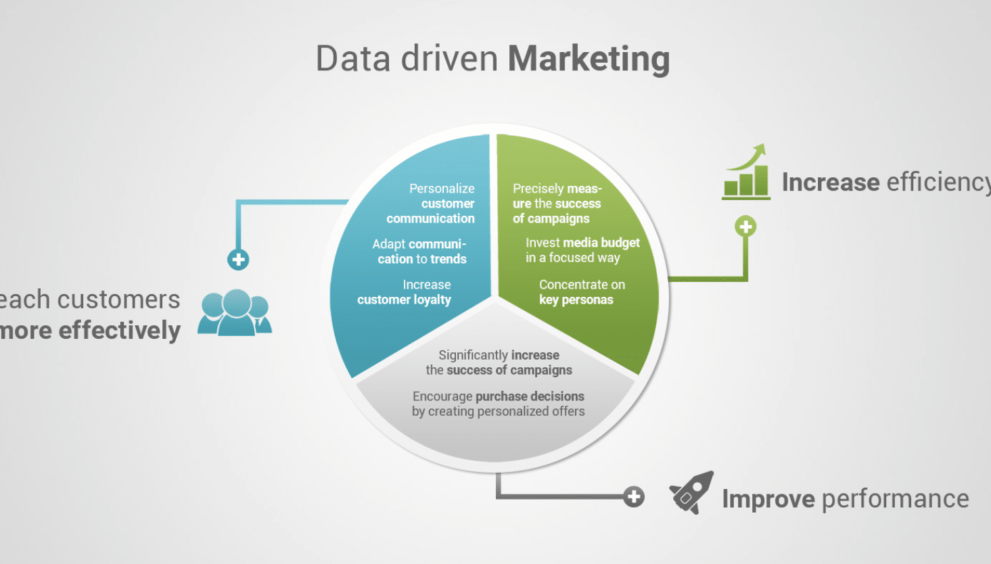How Legal Tech is Facilitating Data-Driven Legal Marketing

Introduction
In today’s rapidly evolving legal landscape, leveraging technology to gain a competitive edge is no longer optional—it’s essential. Legal tech is transforming the industry by facilitating data-driven legal marketing, enabling law firms to target potential clients more effectively and efficiently. This article delves into how legal tech is revolutionizing legal marketing through data-driven strategies, offering insights into the tools and techniques that law firms can adopt to stay ahead in the game.
Understanding Legal Tech and Its Role in Marketing
Legal tech refers to the use of technology and software to provide legal services, streamline operations, and enhance client service. In the realm of marketing, legal tech empowers firms to harness big data, analytics, and automation tools to craft targeted marketing strategies. By doing so, law firms can improve client acquisition, retention, and satisfaction.
The Importance of Data-Driven Marketing
Data-driven marketing involves the use of data analytics to understand and predict consumer behavior, allowing firms to create personalized marketing strategies. In the legal industry, this translates to better understanding client needs, developing tailored services, and delivering value-driven customer experiences. Legal tech tools provide invaluable insights that help in crafting these strategies.
Key Legal Tech Tools for Data-Driven Marketing
- Customer Relationship Management (CRM) Systems: CRMs like Clio and Lexicata help law firms track client interactions and manage relationships. These tools also analyze client data, helping create more targeted marketing campaigns.
- Analytics Software: Tools like Google Analytics and HubSpot provide data on website traffic and user behavior. This helps law firms understand which marketing strategies are working and adjust accordingly.
- Content Management Systems (CMS): Platforms like WordPress and Joomla help manage website content and optimize it for search engines. When paired with legal-specific plugins, these tools help law firms reach the right audience.
- Email Marketing Tools: Services like Mailchimp and Constant Contact let law firms send personalized marketing emails based on client data, making their outreach more relevant.
- Social Media Analytics: Tools like Hootsuite and Buffer help law firms track and improve their social media marketing by offering insights into audience engagement and performance.
Benefits of Data-Driven Legal Marketing
- Better Targeting: By using data, law firms can reach specific groups of people who are more likely to become clients.
- Improved Client Retention: Understanding clients’ needs through data helps firms provide better services and build long-lasting relationships.
- Increased Efficiency: Automation tools reduce the time spent on marketing tasks, allowing firms to focus more on client work.
- Smarter Decisions: Data helps law firms make better marketing decisions, ensuring that their efforts lead to the best results.
Read Also: The Future of E-Discovery in a Data-Driven World
Challenges and Considerations
While data-driven marketing offers many benefits, law firms need to consider a few challenges:
- Data Privacy: Ensuring compliance with laws like GDPR is important to protect client data.
- Data Integration: Combining data from different sources can be difficult, and it’s important to ensure that the data is accurate.
- Training: Staff need to be trained to use these tech tools effectively.
Conclusion
To succeed in today’s competitive legal market, law firms must embrace legal tech for data-driven marketing. Using the right tools can help law firms attract more clients, keep existing ones happy, and run more efficient marketing campaigns. In the digital age, making decisions based on data is crucial for staying ahead.
For law firms that want to grow and thrive, investing in legal tech is a necessity. As technology continues to evolve, there will be even more opportunities to enhance marketing strategies and improve client engagement. By adopting these tools and strategies, law firms can set new standards in client service and marketing effectiveness.
















































































































































































































































































































































































































































































































































